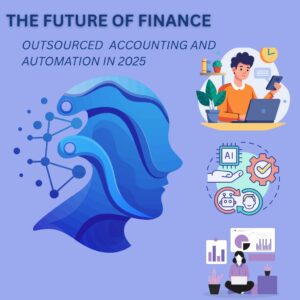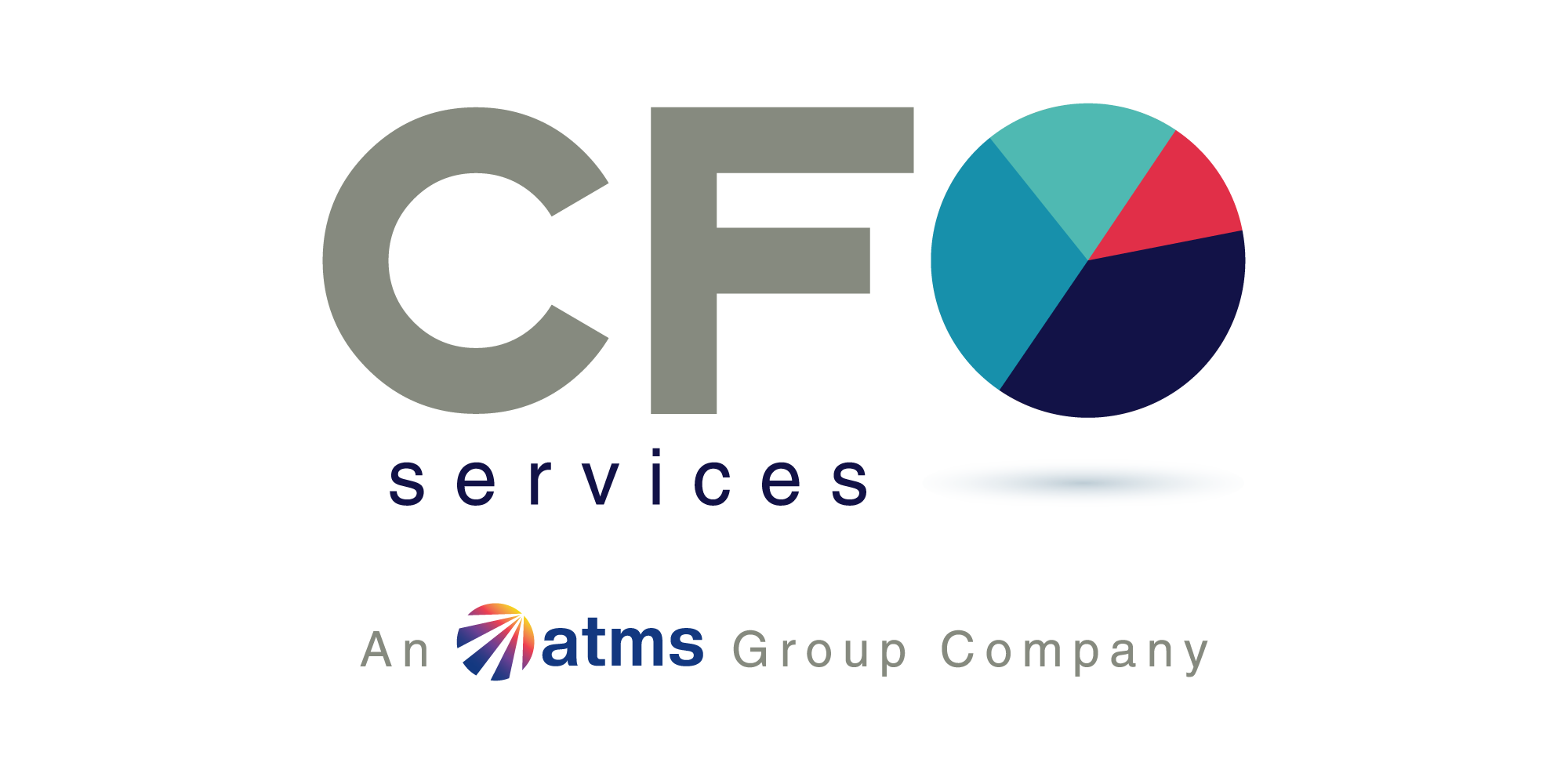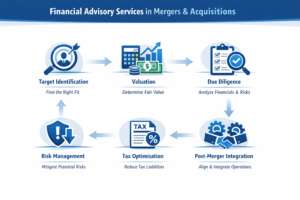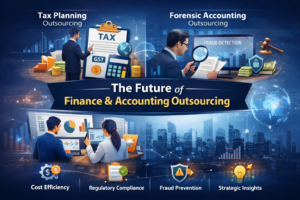The finance function is undergoing a profound transformation. As we step into 2025, the traditional in-house accounting model is increasingly giving way to smarter, leaner, and more agile solutions. Enter automated outsourced accounting—a game changer for businesses looking to thrive in the digital age.
Why the Shift Toward Automation and Outsourcing?
Businesses are under pressure to reduce costs, improve accuracy, and access real-time insights. Automated outsourced accounting answers all three demands. By shifting repetitive tasks like bookkeeping, invoice processing, and reconciliations to tech-driven platforms, companies gain efficiency and focus more on strategic growth.
Key Drivers Behind the Change
✅ Cost efficiency through automation
✅ Access to skilled finance professionals without hiring full-time
✅ Real-time dashboards and financial analytics
✅ Compliance with evolving regulatory environments

What to Expect in 2025
Expect accounting platforms to become more intelligent—think predictive cash flow forecasting, AI-led audit trails, and smart compliance checks. The combination of human oversight and machine precision will become the gold standard.
Benefits for SMEs and Startups
Small and mid-sized enterprises often struggle with limited finance teams. Outsourced and automated solutions offer them CFO-level insights at a fraction of the cost. Plus, it frees founders to focus on growth, not compliance.
How to Make the Transition Smoothly
✅ Start with a pilot for one or two functions (e.g., accounts payable)
✅ Choose partners with robust tech and finance expertise
✅ Ensure data security and access control policies are in place
✅ Train internal stakeholders for smooth coordination
Final Thoughts
Automated outsourced accounting is not just a trend—it’s the future of finance. By embracing this shift now, businesses can gain agility, scale faster, and maintain financial clarity in an increasingly complex world.
Also Read: How Accounting Outsourcing Helps Indian Businesses Stay Compliant — A Complete Guide





